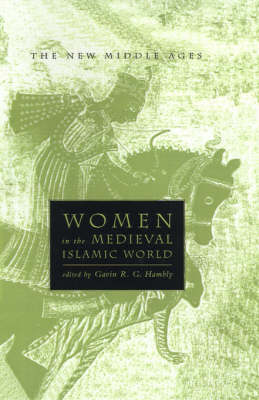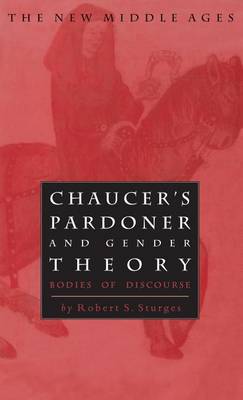The New Middle Ages
2 total works
Women often appear invisible in what is widely perceived as the male-oriented society of Islam. Women in the Medieval Islamic World seeks to redress the balance with a series of original essays on women in the pre-modern phase of Islamic history. The reader will encounter here a colorful portrait gallery of rulers, politicians, poets and patrons, as well as some larger than life fictitious females from the pages of Arabic, Persian and Turkish literature. No less authentic are the accounts of quiet or troubled lives of ordinary women preserved in the court records of Mamluk Egypt and Ottoman Turkey, reminders that historical research can resuscitate the lives of subaltern as well as elite women from the past. For people who believe that Muslim women, especially medieval Muslim women, have no history, this book demonstrates the ways in which research by twenty international scholars - sometimes working in their own distinct fields and sometimes in overlapping areas - can bring into focus the role and contribution of women in the development of Islamic history. There will no longer be an excuse for their exclusion.
Chaucer s Pardoner and Gender Theory, the first book-length treatment of the character, examines the Pardoner in Chaucer s Canterbury Tales from the perspective of both medieval and twentieth-century theories of sex, gender, and erotic practice. Sturges argues for a discontinuous, fragmentary reading of this character and his tale that is genuinely both premodern and postmodern. Drawing on theorists ranging from St. Augustine and Alain de Lille to Judith Butler and Eve Kosofsky Sedgwick, Sturges approaches the Pardoner as a representative of the construction of historical - and sexual - identities in a variety of historically specific discourses, and argues that medieval understandings of gender remain sedimented in postmodern discourse.

